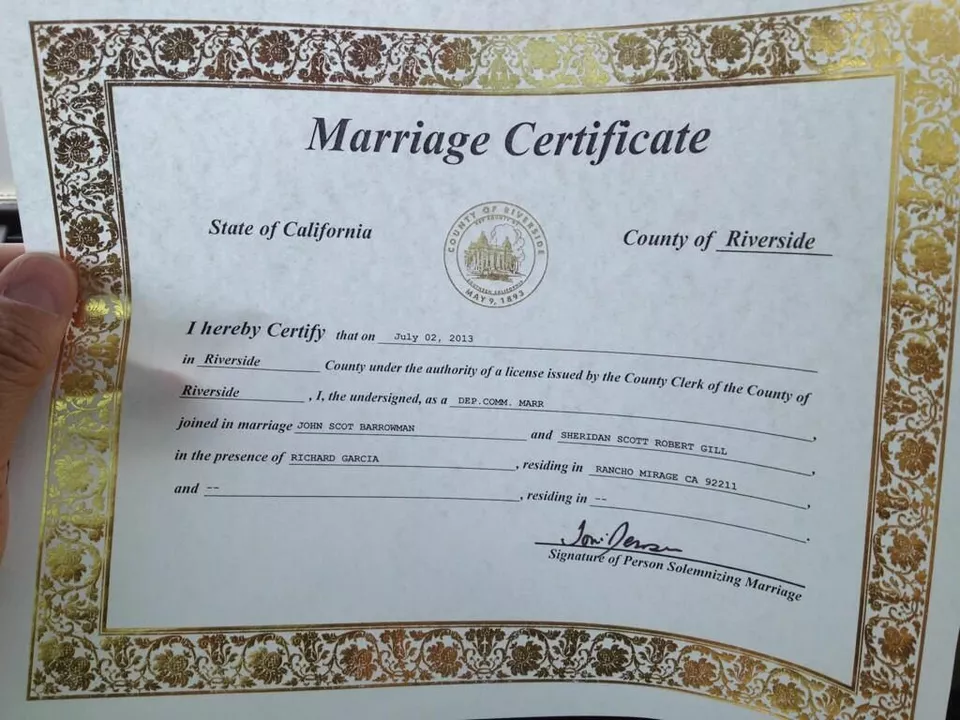Requirements for Indian Government Jobs – What You Need to Know
If you’re hunting for a stable career in the public sector, the first step is to understand the basic requirements. Every vacancy comes with a set of eligibility rules – age, education, experience, and sometimes physical standards. Missing even one detail can disqualify you, so it’s worth checking the criteria before you start preparing.
Age Limits – The Common Range
Most central and state posts set an age window of 18 to 30 years. Some posts, like teaching or senior positions, allow upper limits up to 35 or even 40 years. Age relaxations are available for SC/ST, OBC, ex‑servicemen, and differently‑abled candidates. Always read the “age limit” line in the official notification – it tells you the exact range and any applicable relaxations.
Educational Qualifications – Your Minimum Bar
Education is the next big filter. A 10+2 pass may be enough for clerical roles, while engineering, medicine, or law degrees are mandatory for specialist posts. For competitive exams like SSC CGL or UPSC, a graduation is usually the minimum. If a job calls for a specific subject, make sure you have the exact degree; a general BA won’t cut it for a technical post.
Experience requirements vary. Freshers can apply to many entry‑level posts, but senior officer roles demand 3‑10 years of relevant work. In some cases, experience in the private sector counts, but the notification will spell it out.
Physical standards matter for defense, police, and certain paramilitary positions. Height, vision, and medical fitness are listed in the eligibility section. If you’re applying for a physically demanding job, get a medical check‑up early to avoid last‑minute surprises.
Language proficiency can also be a factor. Most central jobs require knowledge of English and Hindi, while state posts may ask for the regional language. If a job lists “proficiency in English” as a requirement, you’ll need to prove it in the written exam or interview.
How to verify your eligibility? The easiest way is to download the official notification from the recruiting agency’s website. Look for sections titled “Eligibility Criteria,” “Age Limit,” “Educational Qualification,” and “Physical Standards.” Cross‑check each point with your own details before you register.
Tip: Keep a checklist ready. Write down your age, highest qualification, work experience, and any relaxations you qualify for. When you open a new job alert, match your checklist against the posting instantly. This saves hours of wasted applications.
Finally, remember that requirements can change with each recruitment cycle. A post that allowed a 5‑year experience last year might tighten to 3 years this time. Stay updated by visiting government job portals, subscribing to alerts, and checking the “Latest Updates” section on India Gov Job Updates.
Understanding the requirements inside out gives you a clear roadmap – no more guessing, no more wasted effort. Use this guide to filter opportunities, focus your preparation, and boost your chances of landing that coveted government job.
Do one needs a marriage certificate to get passport in India?
As an Indian citizen, I've often wondered if a marriage certificate is required to obtain a passport in India. After conducting some research, I've found that it is not mandatory to provide a marriage certificate for a passport application. However, if you wish to include your spouse's name on your passport, then a marriage certificate is necessary. Additionally, if you are applying for a dependent visa, the marriage certificate becomes essential. Overall, a marriage certificate is not a compulsory document for a passport, but it can be useful in certain situations.
Read more